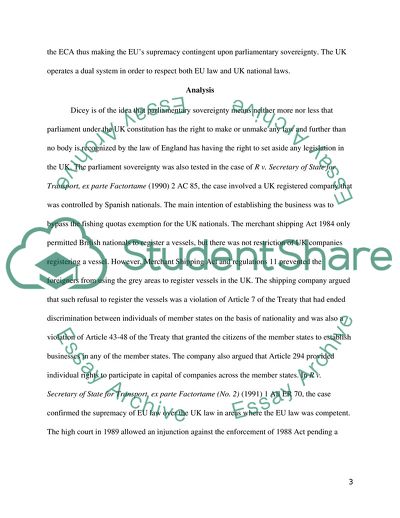Cite this document
(Constitution and Administrative Law Coursework Example | Topics and Well Written Essays - 2250 words, n.d.)
Constitution and Administrative Law Coursework Example | Topics and Well Written Essays - 2250 words. https://studentshare.org/law/1808858-constitutional-administrative-law
Constitution and Administrative Law Coursework Example | Topics and Well Written Essays - 2250 words. https://studentshare.org/law/1808858-constitutional-administrative-law
(Constitution and Administrative Law Coursework Example | Topics and Well Written Essays - 2250 Words)
Constitution and Administrative Law Coursework Example | Topics and Well Written Essays - 2250 Words. https://studentshare.org/law/1808858-constitutional-administrative-law.
Constitution and Administrative Law Coursework Example | Topics and Well Written Essays - 2250 Words. https://studentshare.org/law/1808858-constitutional-administrative-law.
“Constitution and Administrative Law Coursework Example | Topics and Well Written Essays - 2250 Words”. https://studentshare.org/law/1808858-constitutional-administrative-law.


